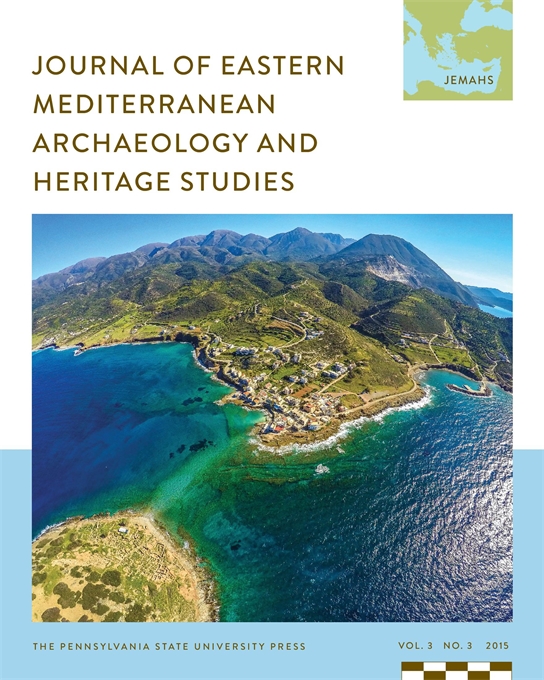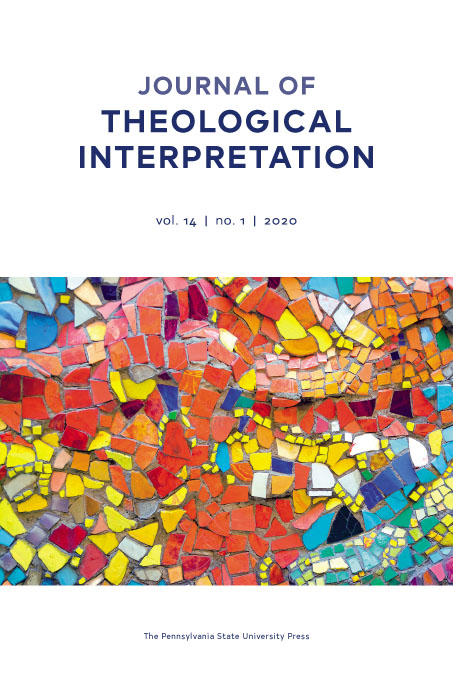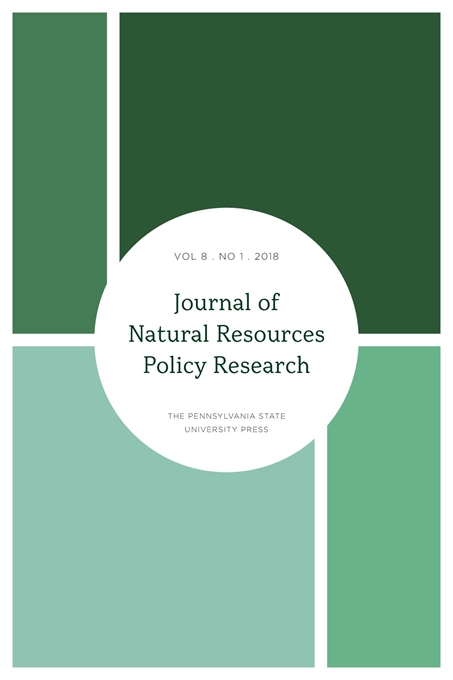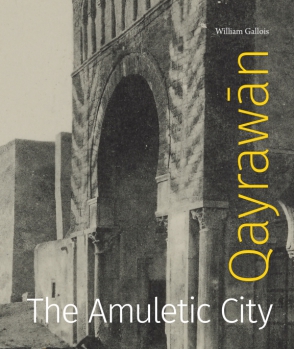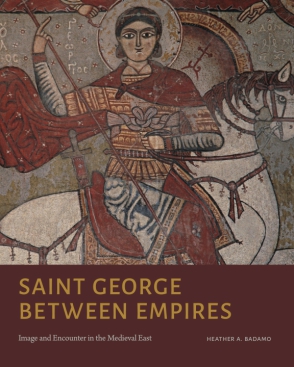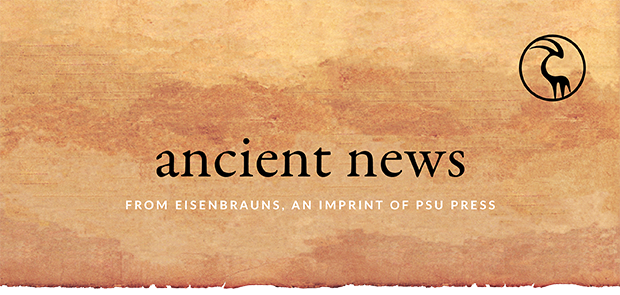
in this issue
general news
Welcome to the February issue of Ancient News!
This month, we’re running an Ancient Languages Sale! Through the end of February, save 40% on select titles when you use promo code ALS24 at checkout.
Scroll down to read an open article from Journal of Eastern Mediterranean Archaeology and Heritage Studies.
Mark your calendars! The annual meeting of AOS is March 22–25, and Eisenbrauns will be in attendance. Be sure to stop by our booth!
Finally, the Penn State University Press Spring/Summer 2024 catalog is now available! Browse the catalog for a sneak peek at some exciting new titles coming later this spring from Eisenbrauns!
Enjoy!
ancient languages sale
Save 40% on select titles with discount code ALS24. Sale ends 2/29.
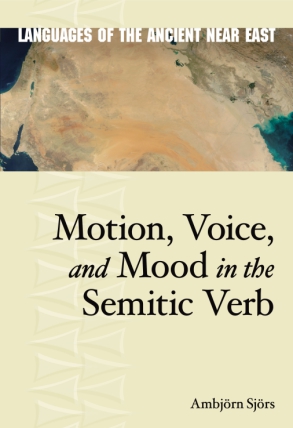
Motion, Voice, and Mood in the Semitic Verb
$99.95 $59.97
“The formal connection of morphemes such as those between the Akkadian ventive and the Arabic energic has long been recognized, but a coherent description of the functional derivation has been lacking until now. Motion, Voice, and Mood in the Semitic Verb fills this gap in our understanding.”—Rebecca Hasselbach-Andee, author of Classical Ethiopic: A Grammar of Gəˁəz
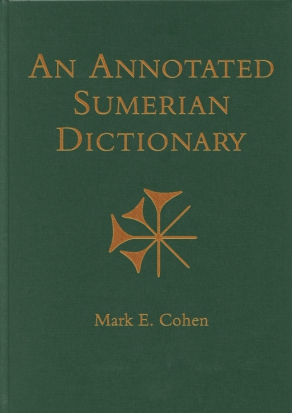
An Annotated Sumerian Dictionary
$199.95 $119.97
Sumerian was the first language to be put into writing (ca. 3200–3100 BCE), and it is the language for which the cuneiform script was originally developed. Even after it was supplanted by Akkadian as the primary spoken language in ancient Mesopotamia, Sumerian continued to be used as a scholarly written language until the end of the first millennium BCE. This volume presents the first comprehensive English-language scholarly lexicon of Sumerian.
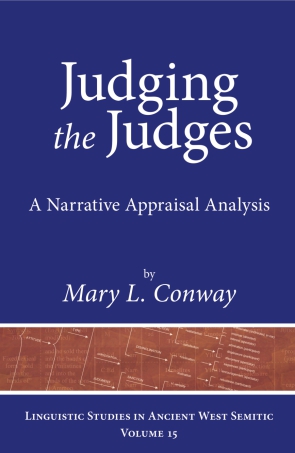
Judging the Judges
A Narrative Appraisal Analysis
$112.95 $67.77
“This is a helpful and positive monograph that offers important methodological developments in how we read the narratives of the Hebrew Bible and also helpful readings of the judges themselves.”—David G. Firth, Review of Biblical Literature
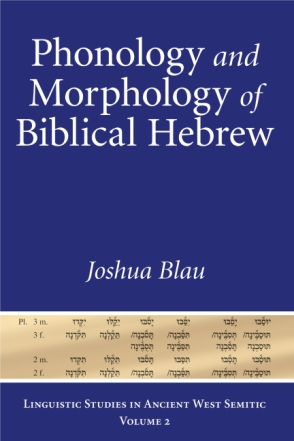
Phonology and Morphology of Biblical Hebrew
$73.95 $44.37
More than 80 years have passed since Bauer and Leander’s historical grammar of Biblical Hebrew was published, and many advances in comparative historical grammar have been made during the interim. Joshua Blau, who has for much of his life been associated with the Academy of the Hebrew Language in Jerusalem, has during the past half century studied, collected data, and written frequently on various aspects of the Hebrew language.
new books
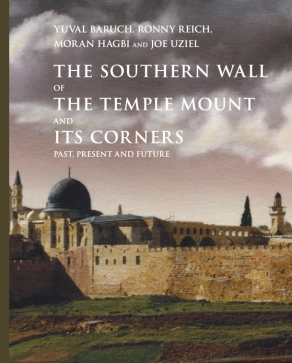
The Southern Wall of the Temple Mount and Its Corners
Past, Present and Future
Edited by Yuval Baruch, Ronny Reich, Moran Hagbi, and Joe Uziel
“The Temple Mount/Haram aš-Šarīf has fascinated scholars since the dawn of modern archaeology, and the pious for millennia before that. The studies assembled here document excavations and conservation at the southern and southwestern retaining walls of the Herodian Temple, with special care for all periods—from the Iron Age to Herod the Great to medieval Islam. This magnificent volume is a monument to decades of dedicated research, a resource for generations to come!”
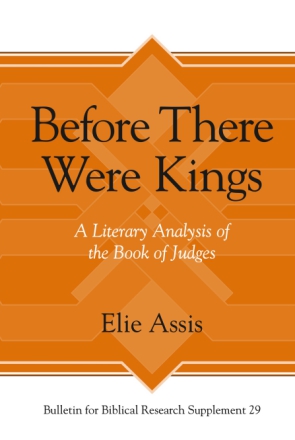
Before There Were Kings
A Literary Analysis of the Book of Judges
Elie Assis
“Assis utilizes a close reading of the book of Judges and interacts with the secondary literature while contributing to a reading of the text that explains how the parts produce the whole. Before There Were Kings makes an important contribution, not simply in the method of reading, but in the particular way in which Assis’s perspective contributes to an understanding of the book.”—K. Lawson Younger, Jr., Divinity School, Trinity International University
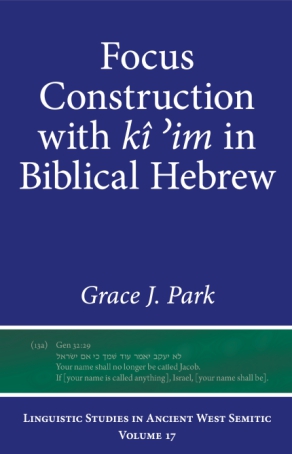
Focus Construction with kî ’im in Biblical Hebrew
Grace J. Park
This study uses modern linguistic theory to analyze a frequently recurring syntactic phenomenon in the Hebrew Bible that has thus far resisted explanation: כי אם.
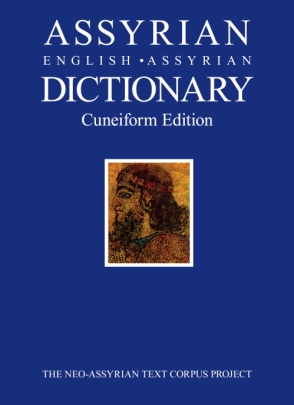
Assyrian-English-Assyrian Dictionary
Cuneiform Edition
Edited by Simo Parpola
This dictionary contains all the words attested in Assyrian texts from the Neo-Assyrian period. Most of the vocabulary comes from Neo-Assyrian and Standard Akkadian, with some Aramaic and Neo-Babylonian entries. The Assyrian-English-Assyrian Dictionary was the first English-Akkadian dictionary ever published, and the new cuneiform edition features words written in the cuneiform script of the Neo-Assyrian period.
new from psu press
VIEW PSU Press News, the PSU Press newsletter| Control your subscription options |
